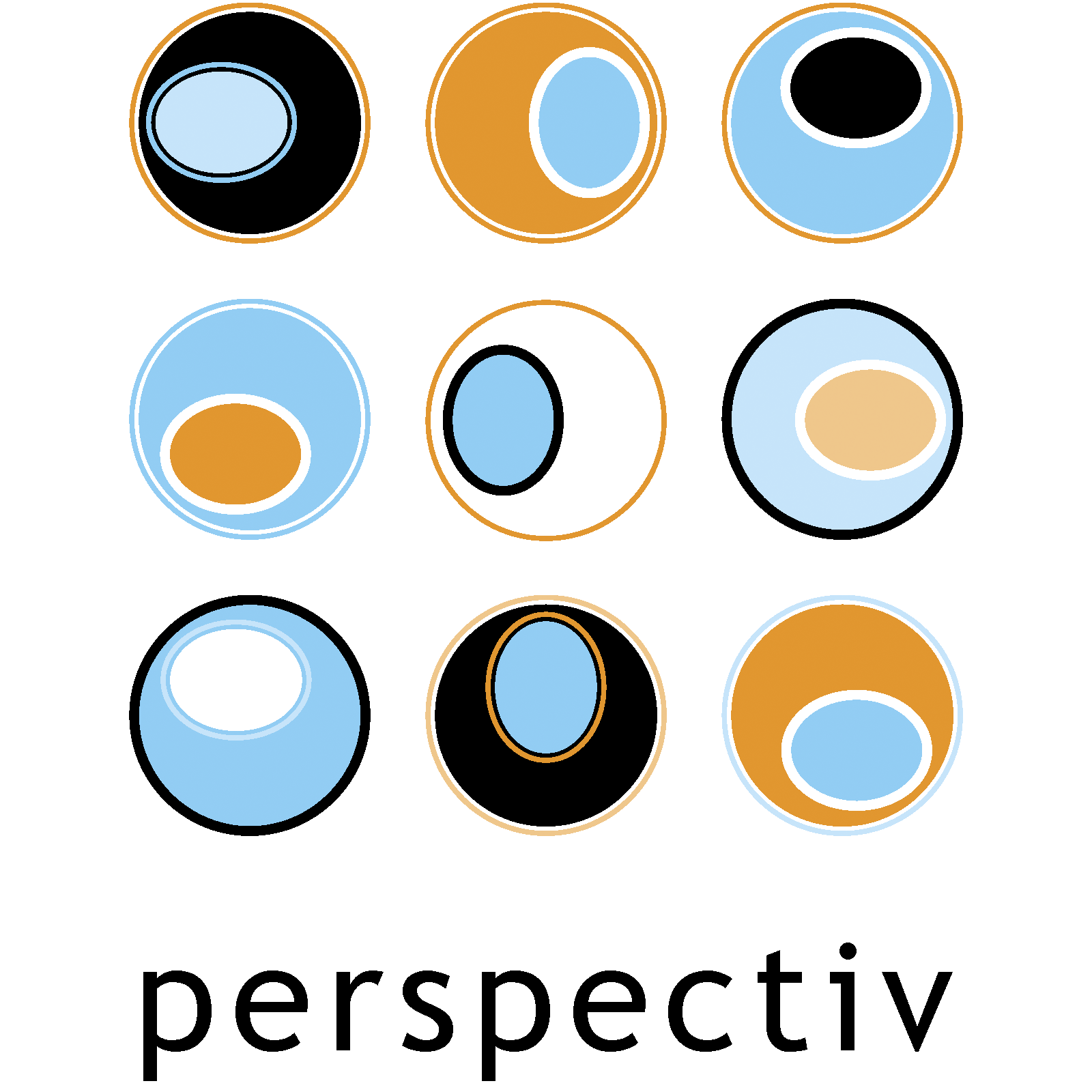Preparing to be your best with the ‘4Rs’
This post is a book excerpt by Brian Dorval, who developed the 4Rs tool based on Jim Loehr’s work in tennis.
Moments of truth
Throughout life, you will move from moment to moment, task to task. Some moments will provide greater opportunities than others to shape the frame of mind people develop. We call them moments of truth. These moments can be formal or informal meetings with other people, interactions with individuals that are face-to-face or spread out across time zones.
They can take place while working on critical topics or during casual conversations. Each situation you encounter, each interaction you have, planned or unplanned, provides a moment of opportunity to help shape someone’s frame of mind. The question is: will your interaction help or hinder them?
Planned and unplanned moments of truth
You will need to be at your best if you are going to help others be at theirs. One minute you are cruising along on a task and all is going well. Then, something negative happens that bumps you out and causes you to doubt yourself and wonder what will happen if things don’t work out. One moment you are working on a small familiar task and the next you are asked to work on a new, significantly larger task for which you have little experience. You may be at your best in one moment and in the next – you’re not.
The challenge is to figure out how to maintain your own best performance frame of mind as you move from task to task, moment to moment, regardless of what the situation brings.
Some moments will provide you the luxury of time to prepare. Events that are planned provide the opportunity to prepare your frame of mind for operating at your best – such as starting up a new project, preparing a child for their first day of school, or preparing the team you coach to play its first tournament in a new division.
It is also important to carve out time to prepare for less dramatic moments of truth such as engaging in all the practice sessions needed to prepare your team for playing in the new division, completing all the weekly tasks to accomplish the new project goals and objectives, and supporting your child during weekly school activities throughout the year.
Start here – the ‘4Rs’
The 4Rs is a powerful 4-step process to help transition from one moment to the next. We developed it based on research conducted by Dr. James Loehr to determine what differentiated the world’s best tennis players from everyone else.
Assuming it had something to do with the way they played points, Loehr’s original focus was to study the approach that top players used to play points compared with everyone else. To his surprise, it was not what they did during the points that most clearly explained why they were so much better. Rather, he discovered that it was what they did in between the points that made the biggest difference. He found that the best players used a deliberate process to transition from one point to the next in a way that helped them enter the next point better prepared to play their best tennis.
While the 4Rs transition process has its roots in Loehr’s research into tennis, it can be applied in any context where you need to move effectively from one moment of truth to the next – transitioning between meetings, for example. With practice it can be done in a few seconds.
The 4Rs stand for: Recover, Relax, Refocus, Ready.
Recover and Relax help you let go of the previous moment.
Refocus and Ready help you prepare for the next moment.
Recover is the act of finding a physically neutral ground, one that is different from the space you were in during the last moment and different from the moment you are about to enter. This puts you in a position to let go of thoughts and feelings in the last moment that might distract you from being at your best in the next moment. In an office environment it may be as simple as standing up for a moment or turning your chair.
Relax is the act of taking a deep breath to help your body settle down from any expense of physical energy that took place in the last moment. The deep breath also helps your mind settle down from any expense of emotional energy. This helps to relieve stress and calm your mind, putting you in the best position to think about what is about to happen.
Refocus is the act of mentally looking ahead to the moment you are about to enter, with the purpose of clarifying your intention. It involves deciding what you want to happen as you engage in the next activity. Knowing your intention will help you know what to pay attention to for being at your best in the moment about to happen.
Ready is the act of using a ritual to help quiet your mind, prepare your body and give you confidence for moving into the next moment. A tennis player might bounce a ball a defined number of times. In a back-to-back meetings scenario, it may be as simple as always turning to a fresh sheet of paper and writing the date and subject of the meeting on top. It could be taking a few sips of water or getting a cup of coffee, but it’s something you always do.
Use the 4Rs to help you transition from one moment to the next and be at your best and when helping others be at their best.

